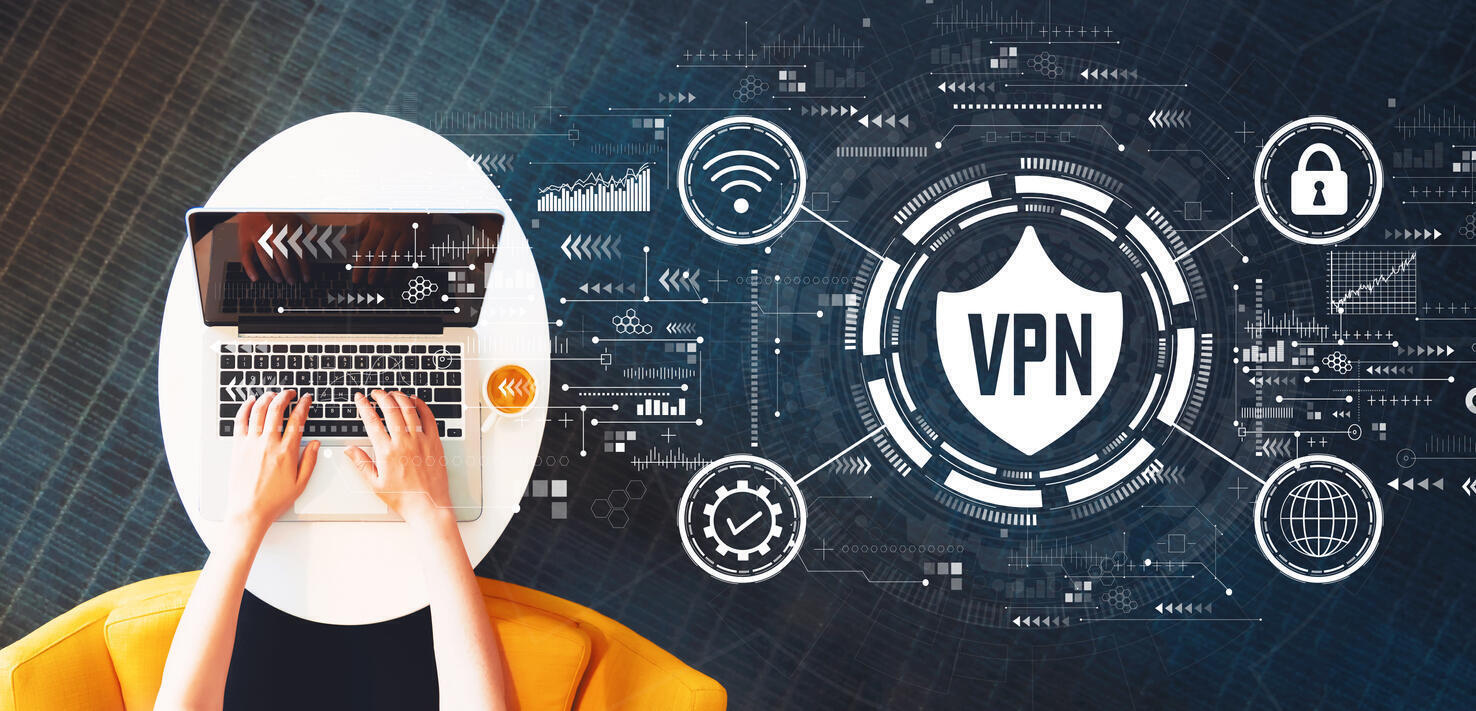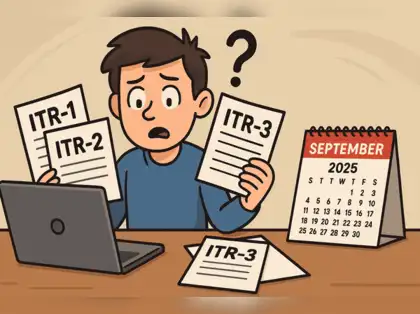Empowering Your Digital World, the Benefits of a VPN
In an era where our digital footprints are vast and cyber threats loom large, Virtual Private Networks (VPNs) have emerged as indispensable guardians of online security. As we navigate the complex web of the digital landscape, understanding the significant benefits a VPN offers becomes paramount.
The Digital Landscape
The digital landscape is rife with evolving threats, from data breaches to identity theft. This section explores the current state of online security, emphasizing the need for robust protection measures. As users increasingly recognize the importance of safeguarding their online presence, the role of VPNs in fortifying digital defenses becomes clear.

Privacy Enhancement with VPNs
Guarding Personal Information
One of the primary benefits of using a VPN is the assurance that personal information remains shielded from prying eyes. VPNs encrypt user data, rendering it unreadable to potential cyber threats. This section delves into the encryption mechanisms employed by VPNs, highlighting their effectiveness in preserving user privacy.
Browsing Anonymity
Beyond data encryption, VPNs provide users with a cloak of anonymity by masking their IP addresses. Users can traverse the digital realm without leaving a trace, adding an extra layer of privacy to their online activities. Understanding how VPNs facilitate anonymous browsing underscores their role in empowering users to reclaim control over their digital identities.
Security Benefits of Using a VPN
Secure Data Transmission
Building on the theme of privacy, this section explores how VPNs secure data transmission through robust encryption protocols. By encrypting data from end to end, VPNs ensure that sensitive information remains confidential, mitigating the risk of unauthorized access during online communication.
Public Wi-Fi Safety
The convenience of public Wi-Fi networks often comes with security risks. VPNs act as virtual bodyguards, shielding user data from potential threats on public networks. Whether at a coffee shop or an airport, users can connect with confidence, knowing their information is secure.
Accessing Geo-Restricted Content
Global Content Access
The digital era has ushered in an abundance of online content, but geographical restrictions often limit access. VPNs serve as digital passports, enabling users to transcend these restrictions and access content from around the globe. This section explores how VPNs unlock a world of possibilities, allowing users to stream movies, access websites, and enjoy digital content without borders.
Streaming Freedom
A significant benefit of VPNs lies in their ability to unlock region-specific streaming services. Whether it’s accessing libraries on streaming platforms or catching up on favorite shows while traveling, VPNs provide the key to a diverse world of entertainment.
Business and Remote Work Applications
Securing Business Communication
For businesses operating in the digital realm, secure communication is paramount. VPNs establish private and encrypted channels, safeguarding sensitive business data from potential breaches. This section emphasizes the role of VPNs in creating a secure digital environment for corporate communication.
Remote Work Facilitation
The rise of remote work makes VPNs invaluable for employees accessing company networks from various locations. This section explores how VPNs enable secure remote access, ensuring that remote work remains both productive and secure.
VPN for Online Freedom and Circumvention of Censorship
Circumventing Online Censorship
In regions where online censorship is prevalent, VPNs become powerful tools for circumvention. This section explores how VPNs provide a means to access information and platforms that may be restricted by governmental or organizational censorship. By anonymizing user data and masking IP addresses, VPNs empower users to reclaim unrestricted access to the internet.
Preserving Internet Freedom
Beyond bypassing censorship, VPNs contribute to the preservation of internet freedom on a broader scale. Users can express themselves freely, access information without restrictions, and participate in online discussions without the fear of surveillance. Understanding this aspect of VPN usage underscores their role in championing digital freedom.
Choosing the Right VPN Service
Key Features to Consider
As the demand for VPN services grows, users are faced with a plethora of options. This section provides a guide on essential features to consider when selecting a VPN service. From encryption protocols to server locations, users gain insights into key considerations for making an informed decision.
Popular VPN Providers
To assist users in their selection process, this section reviews and recommends reputable VPN service providers. By highlighting popular choices and their distinct features, users can navigate the market with confidence, ensuring they choose a VPN that aligns with their specific needs.
Frequently Asked Questions (FAQs) About VPNs
1. What is the primary purpose of using a VPN?
Answer: The primary purpose of a VPN is to enhance online security and privacy by creating a secure, encrypted connection between the user and the internet.
2. How does a VPN protect my data on public Wi-Fi networks?
Answer: A VPN encrypts your data, preventing unauthorized access, and making it safe to use public Wi-Fi without the risk of data interception.
3. Can I use a VPN to access geo-restricted content on streaming platforms?
Answer: Yes, VPNs allow you to bypass geo-restrictions, providing access to region-specific content on streaming services from anywhere in the world.
4. Do VPNs slow down internet speed?
Answer: While some speed reduction may occur due to encryption, reputable VPNs aim to minimize this impact, offering a balance between speed and security.
5. Are all VPNs equally secure?
Answer: No, the security of VPNs varies. It’s crucial to choose reputable providers with robust encryption protocols and a strict no-logs policy.
6. Can I use a VPN for anonymous browsing?
Answer: Yes, VPNs mask your IP address, providing a level of anonymity. However, complete anonymity depends on various factors, including provider policies.
7. Is it legal to use a VPN?
Answer: In most countries, using a VPN for legitimate purposes is legal. However, it’s essential to be aware of and comply with local regulations.
8. How do I select the right VPN for my needs?
Answer: Consider factors like encryption strength, server locations, and the provider’s reputation. Reviews and recommendations can also guide your decision.
9. Can I use a VPN on my mobile device?
Answer: Yes, most VPN providers offer applications for mobile devices, ensuring secure browsing and data protection on smartphones and tablets.
10. Are there any ethical considerations when using a VPN?
Answer: Yes, ethical VPN use involves respecting terms of service, avoiding illegal activities, and understanding the potential impact on network resources and speed.
Conclusion:
As we conclude our exploration of the benefits of a VPN, it’s clear that these tools are not just safeguards but enablers of a more secure, open, and empowered digital world. By embracing the advantages of VPNs, users sow the seeds of change for a digital landscape where privacy, security, and freedom coexist harmoniously.




